Hiring a sub-contractor or freelancer can be the perfect strategy for many small business owners to save money and build their business. However, going through the process can be a mine field of significant problems. In fact, there is a procedure for properly hiring a sub-contractor and doing it right. If done wrong there can be serious liability exposure and IRS and State regulatory problems.
Employee versus Sub-contractor
First, make sure your “contractor” isn’t really a glorified employee. If they act like an employee, serve like an employee and are paid like an employee…THEN they are an employee! IF you treat a ‘worker’ as a sub-contractor, when really they are an employee, your business and even you personally could or would be liable for any accidents or damages created by the worker. This could be the worker themselves getting hurt, OR even property damage or personal injuries caused ‘by’ the worker. Moreover, the IRS and State tax agencies will come after you for penalties and taxes for not doing withholding for your workers ‘as an employee’, even though you call them a sub-contractor. Here is an article on the employee versus subcontractor.
Screening and Hiring a Sub-Contractor
Now there are plenty of honest, reputable contractors who understand their role as a provider of professional services. In fact, many that insist on doing things the right way to protect themselves as well. However, you need to set up proper procedures for yourself and for the actual hiring and reporting process. Here is a checklist to begin with, and certainly conclusive:
- Get more than one (1) quote. Ethical contractors know that you may be getting multiple bids and it is a good idea to use this opportunity to screen contractors to get a sense of their professionalism and ethics. Take this opportunity to ask questions and compare opinions. A contractor that cuts corners with respect to his/her business practices may do the same with your project.
- Do some ‘background’. Make sure to confirm if they really know what they are doing. Checking references and seeking reviews is always a smart idea, but also make sure you consult a source that you trust and maintain objectivity when considering reviews or opinions of others.
- Have a comprehensive written agreement. The contract should contain as detailed as possible a summary of the scope of the work and the price. If there’s any particular term or request that is important to you, make sure it is specified in the contract and don’t rely on oral promises. The contract should also specify that any changes to the contract should be in writing and mutually agreed by the parties.
- Obtain a W-9. Make sure you get a W-9 Form from the contractor (even if they claim they are a corporation). The Form will verify if you are required to give them a 1099. Be skeptical of someone who tries to avoid giving this to you. (Anyway, why do they get to avoid paying taxes and you don’t get to take a tax write-off for paying them…not fair). YOU DO NOT get a write-off for the expense if you are required to give them a 1099 and you don’t. If your contractor asks to be paid in cash- BEWARE. This is a classic sign they aren’t licensed or don’t carry the proper insurance policies for their workers. Don’t pay a Contractor “under the table”.
- Verify License, bonding & insurance. If it’s required for the project, don’t just assume they have the proper license, bonding or insurance. This would even include Workers Comp coverage for their own employees. (If they ‘say’ they carry Workers Comp, but come to find out they don’t AND you didn’t verify, you can be held responsible for the injuries of their employees). If the contractor isn’t carrying the proper insurance, more than likely YOU will be the one liable.
- Never pay full price up front. It’s ok to pay a ‘retainer’ or deposit. Do your best to negotiate “progress payments” as they complete the project pursuant to the terms of the contract and to the quality level you require. Only pay the final installment once they have completed the job AND given you their W-9 (see above).
- Follow proper procedure with Change Orders. Make sure you verify in writing when the terms of the contract change or the scope of the project is modified. NEVER and I repeat never agree to changes verbally. Document everything. Take pictures, do regular inspections if a physical real estate project.
- Issue 1099s. Finally, make sure to issue your 1099s. This is critical to document the ‘tax deduction’ and close out the terms pursuant to the contract. Here is an article on the 1099 procedure and requirements.
Finally, I want to encourage you to operate with respect. One of the fastest ways to get into problems is to not treat your contractor fairly. Pay on time, be reasonable and don’t be a pain in the rear. There isn’t anything wrong with demanding written documentation and following proper protocol. If you speak kindly and with respect, you’ll most likely get the same in return.











Payment completed for Intent ID pi_3PhOooIlmlJhoaqY078fIchb
Payment failed for Intent ID pi_3PhOooIlmlJhoaqY078fIchb
Payment failed for Intent ID pi_3PhOooIlmlJhoaqY078fIchb
Payment failed for Intent ID pi_3PhOooIlmlJhoaqY078fIchb